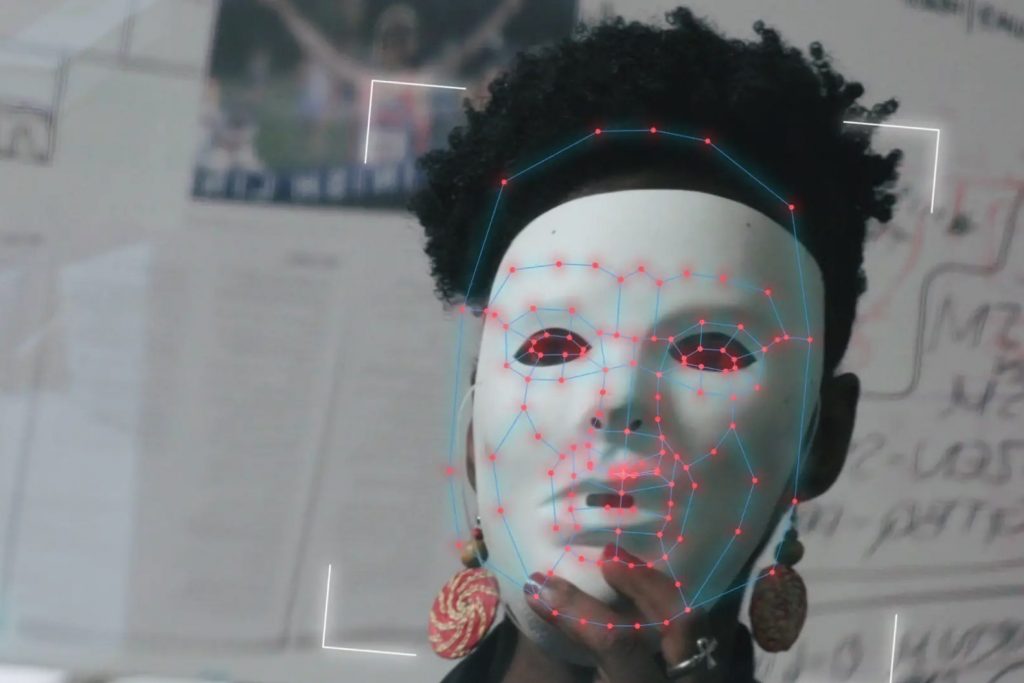SU Human Rights Film Festival to feature three female directors
Human Rights Film Fest shuffles to online screenings

It has been a very long time since the movie theaters in Syracuse welcomed guests into their auditoriums. As the COVID-19 pandemic continues, the global film industry looks very different. In most cities, the only option to go see a movie in-person is to go to a drive-in. Festivals like the Toronto International Film Fest resorted to mostly-online setups. The SU film scene is also adapting to fit a socially-distant society.
The 18th Syracuse University Human Rights Film Festival will be held virtually on Sept. 24-26. The film festival traditionally works with Syracuse Symposium, a program run through the humanities center within the College of Arts and Sciences and the S.I Newhouse School of Public Communications. The Syracuse Symposium picks a theme each year and finds events that reflect and engage the theme in different and meaningful ways. This year’s theme is “Futures.”
This year’s SUHRFF will be available to all SU students with Blackboard accounts. The festival will feature three films and host Zoom Q&As with the directors over the course of the three-day festival. “Coded Bias,” directed by Shalini Kantayya, will kick off the festival on Sept. 24 and give viewers a perspective of the world of facial recognition and its bias towards people of color. The Zoom Q&A will begin at 8 pm.
The second film of the event, “Landfall,” directed by Cecilia Aldarondo, will be available on Friday, Sept. 25 and the Zoom Q&A will be held on Saturday, Sept 26 at 4 pm. The film focuses on the destruction of Puerto Rico through Hurricane Maria and a crippling economy.
“Yeh Freedom Life,” by Priya Sen, is the final film of the festival and will be posted for SU viewers on Saturday, Sept. 26, followed by a Zoom Q&A at 8 pm. The film follows the lives of three queer, working-class individuals in South Delhi as they navigate their lives while constantly deflecting scrutiny.
“Our three filmmakers are all women, and they are women of color,” Tula Goenka, the founder, and co-director of the film festival said. “We are really excited about that and their stories are very diverse in their content.”
Goenka founded the film festival in 2002. Roger Hallas, professor of English and LGBTQ+ studies, joined forces with Goenka in 2010.
“What I look for in films when I’m watching them is a well-made film in terms of production aesthetic, really strong storytelling, a unique story that has never been told before, and finally something that students would connect to emotionally,” Goenka said. “The film festival is for the students more than anyone else.”





